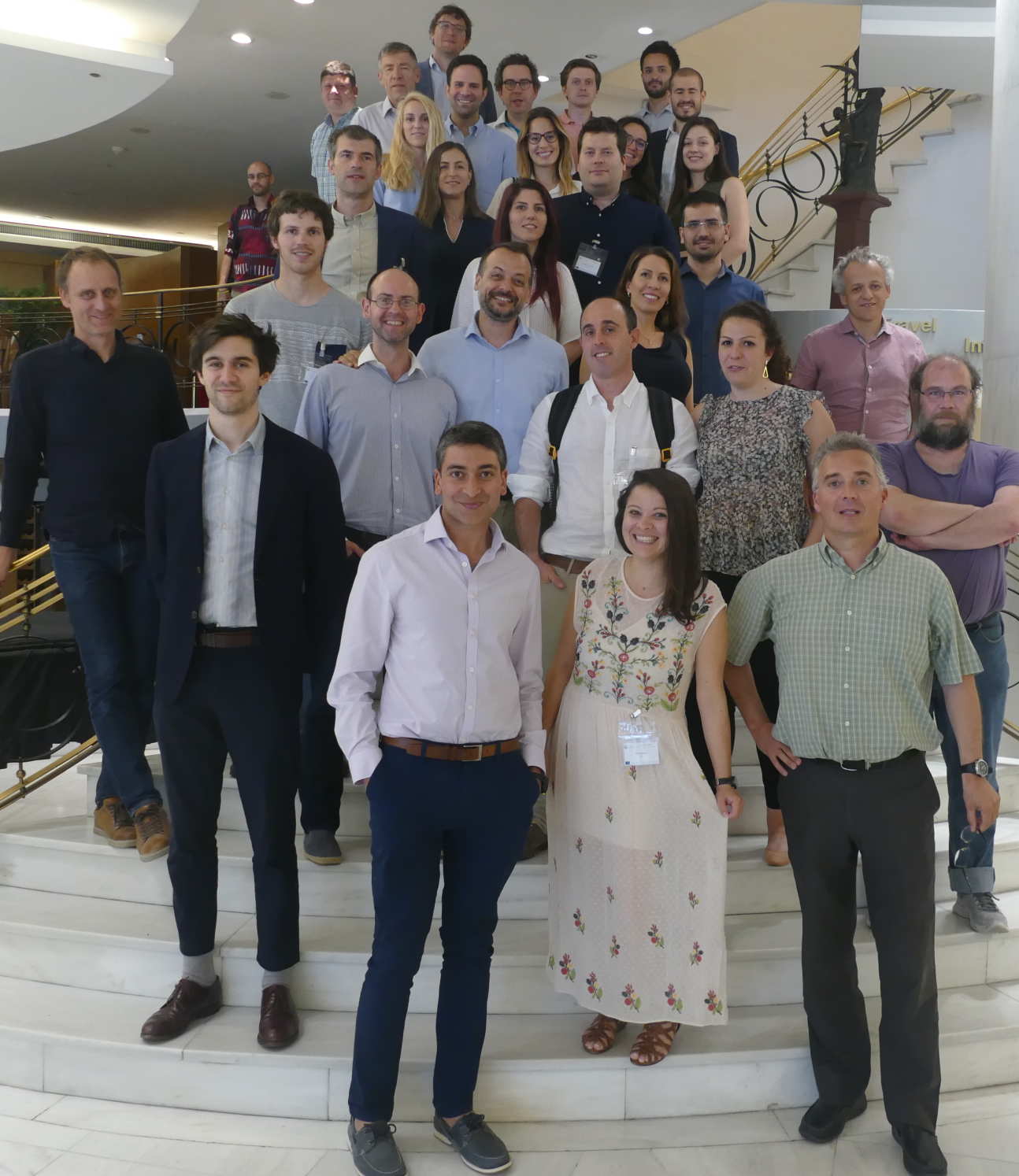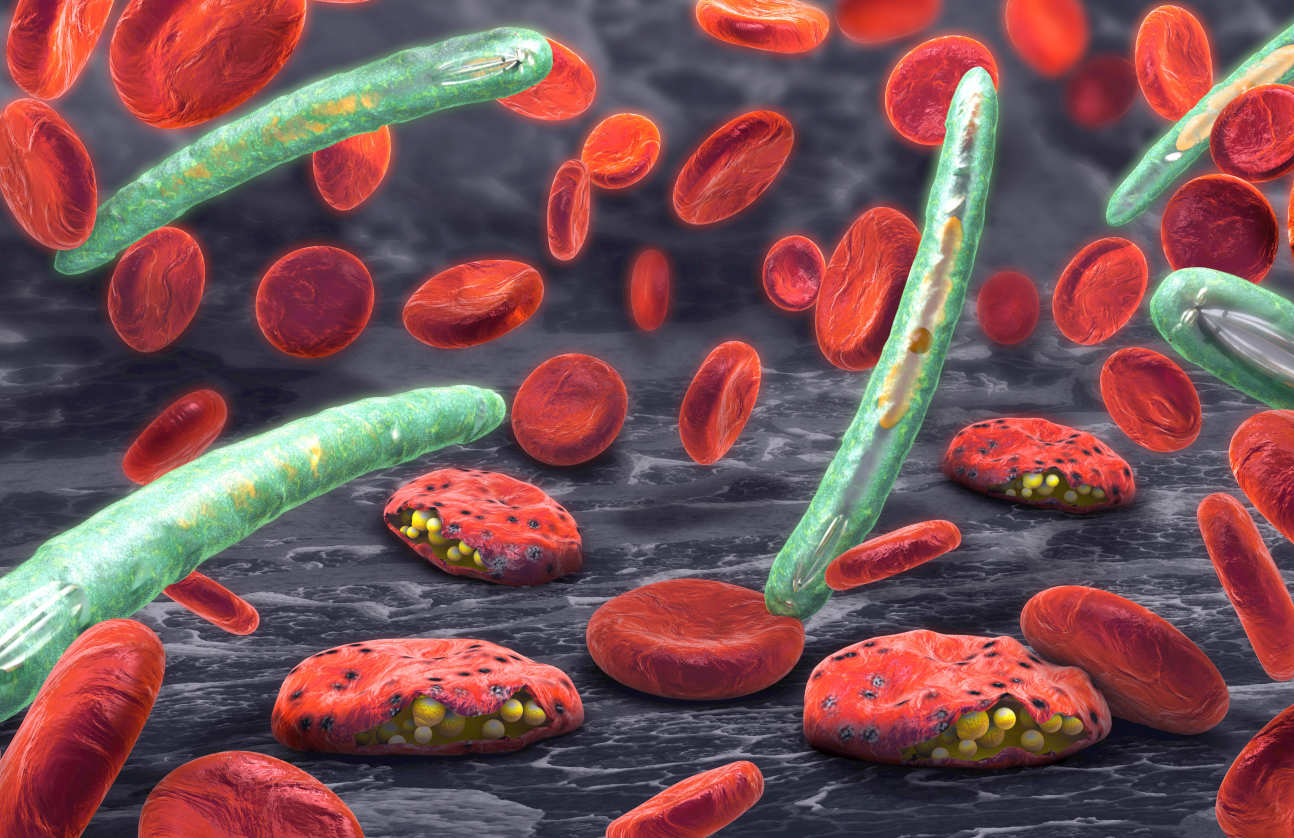Leaving the car at home, and London's best teachers: News from the College

Here’s a batch of fresh news and announcements from across Imperial.
Leave the car at home
The UK capital will see Londoners ‘reclaim the streets’ later this year, with many city roads becoming car-free for the day.
The Mayor of London, Sadiq Khan, this week announced plans for London’s biggest Car Free Day on Sunday 22 September 2019.
As part of the celebrations, hundreds of activities will take place across more than 20 km of closed streets in Central London – including Tower Bridge, London Bridge and much of the City of London.
Air pollution is a significant problem for the capital, with millions of Londoners living in areas that exceed legal limits for NO2, and pollution contributing to thousands of cases of hospitalisation each year.
Imperial’s Dr Audrey de Nazelle, said: “Living the joys of a car-free or car-less city will do much more to create a positive vision of what a future healthy London could be like.”
Low-carbon pathways for EU
Imperial researchers have begun a new project to develop technologically, socially and politically feasible pathways to a low-carbon economy in a range of major economies including the EU. 
National Technical University in Athens leads the three-year project, funded by €8 million from EU Horizon 2020, with Imperial playing a major role in global integrated assessment modelling, as well as national energy system modelling of the world’s major economies. Imperial College London participants include Dr Ajay Gambhir, Dr Joeri Rogelj and Dr Alexandre Koberle from the Grantham Institute, with Dr Adam Hawkes and Dr Sara Giarola from the Sustainable Gas Institute.
Eating disorders overlooked
Training medics to recognise the warning signs of eating disorders is being overlooked, leading to massive failures in the NHS.
These are the findings of the cross-party Public Administration and Constitutional Affairs Committee, which claims “a lack of understanding of eating disorders among doctors…is resulting in too many avoidable deaths”.
Imperial’s Dr Dasha Nicholls, who heads the Royal College of Psychiatry’s Faculty for Eating Disorders, gave evidence to the parliamentary panel in May.
Highlighting gaps in mental health services available to adults – with pressures on adult services around six times that of child services – Dr Nicholls explained that significant investment is needed to bring services up to scratch, adding that the RCPsych is “lobbying hard” for curriculum review in the UK’s medical schools.
She told the committee: “There are a lot of missed opportunities for bringing eating disorders into the [medical] training.”
Modelling Malaria
Imperial researchers are trying to understand how the body responds to harmful pathogens during infection, focusing on malaria.
By using computational models, the team has been able to study the dynamics of the malaria parasite within the human body and the impact this has on infection.
Gleaning more insights into the pathogen-host interactions – such as how fast the pathogen replicates, and the speed and strength of the body’s immune response against it – could improve our understanding of the mechanisms of disease and speed up development of new treatments and vaccines.
Athina Georgiadou from the Department of Medicine and lead author of the research says the approach could be applied to other infectious diseases in which the amount of pathogens can be measured and for which effective treatments don’t currently exist. Dr Georgiadou said: “This could be helpful for emerging viral infections like Ebola and possibly highly resistant bacterial pathogens, for which host-directed therapies may be life-saving.”
Evidence Week
Imperial has partnered with Sense about Science to help run Evidence Week in Parliament. It will run from Monday 24 June until Wednesday 26. On Monday, at a pre-launch event, Science and Technology Committee Chair Norman Lamb MP and National Statistician John Pullinger emphasised the importance of data and statistics in policy-making.
 At the event Imperial’s Dr Yves-Alexandre de Montjoye and PhD student Andrea Gadotti of the College’s Computational Privacy Group demonstrated to attendees just how much can be learnt from a person’s phone and credit card data trail, which raises important legal and ethical concerns for politicians to consider.
At the event Imperial’s Dr Yves-Alexandre de Montjoye and PhD student Andrea Gadotti of the College’s Computational Privacy Group demonstrated to attendees just how much can be learnt from a person’s phone and credit card data trail, which raises important legal and ethical concerns for politicians to consider.
More than 20 organisations will take part in Evidence Week, demonstrating their expertise to MPs. Andrea will be presenting to parliamentarians again next Wednesday.
Teacher of the Year
 Imperial College London is supporting London’s best teachers, by sponsoring the STEM Teacher of the Year category at this year’s London Teacher of the Year Awards.
Imperial College London is supporting London’s best teachers, by sponsoring the STEM Teacher of the Year category at this year’s London Teacher of the Year Awards.
The winner was Preetmal Poonith from Barnhill Community High, Hillingdon. Preetmal shares his passion for maths with pupils and his ability to motivate children and build up their self-belief is reflected in outstanding results.
At the award ceremony, hosted at the headquarters of the Royal Aeronautical Society, 35 awards were presented to the city’s most talented teachers. As well as sponsoring the category, Imperial was also one of the judging organisations of the awards.
–
Want to be kept up to date on news at Imperial?
Sign up for our free quick-read daily e-newsletter, Imperial Today.
Article text (excluding photos or graphics) © Imperial College London.
Photos and graphics subject to third party copyright used with permission or © Imperial College London.
Reporter
Joanna Wilson
Communications Division
Simon Levey
Communications Division
Ryan O'Hare
Communications Division
Joe Dharampal-Hornby
Communications and Public Affairs